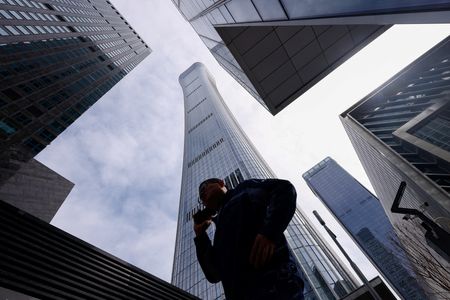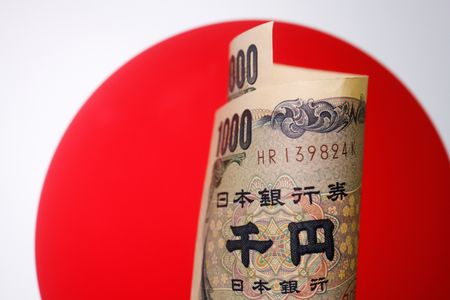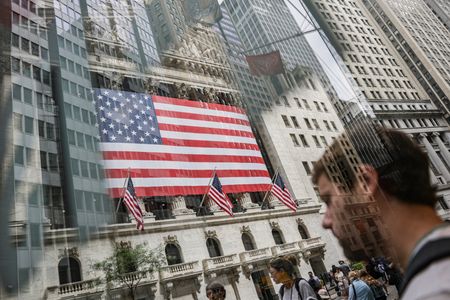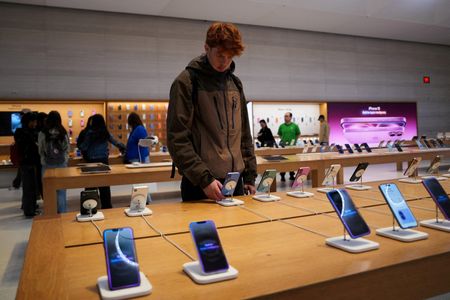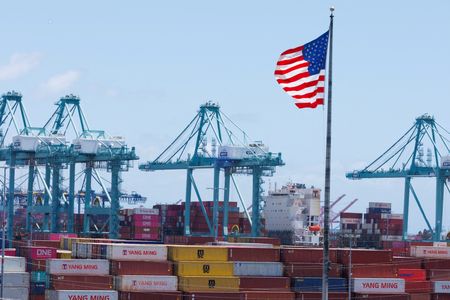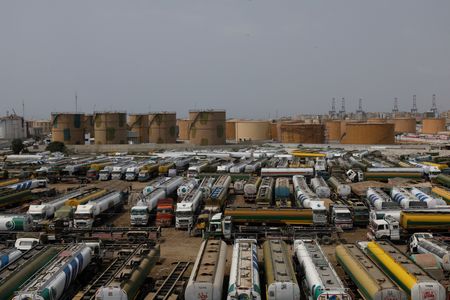HONG KONG (Reuters) -China’s state regulator and planning council published a new version of its “negative list” that relaxes barriers to entering the world’s second-largest economy, reducing the number of restricted industries to 106 from 117.
The so-called negative list specifies industries where activities by foreign investors are either restricted or prohibited. It was first issued in 2018 by Beijing.
The relaxation comes as U.S. tariffs threaten more pressure on China’s economy, which is already reeling from weak domestic consumption and a debt crisis in the property sector.
China’s National Development and Reform Commission said in a statement on Thursday that the 2025 version of the list lowers the “entry threshold and stimulates market vitality”.
A number of areas have been partially liberalised, the NDRC said, including television production, telecommunication services, online information services for pharmaceuticals and medical devices, the use of radioactive drugs by medical institutions, and the import of forest seeds.
Local governments are also encouraged to allow greater access in areas such as transportation and logistics, freight forwarding and vehicle rental services.
Market access to investing in unmanned aerial vehicles and new tobacco products such as e-cigarettes is included on the negative list to “ensure a safe bottom line”, the regulator said, without giving further details.
China had said in February it would further break down investment barriers and revise its negative list for market access as soon as possible. Since then Chinese officials have stepped up a charm offensive to assure global business leaders of China’s long-term economic prospects.
The frequency of meetings with multinational companies accelerated after foreign direct investment plummeted 27.1% in local currency terms in 2024 from the year earlier, the biggest drop since the 2008 global financial crisis.
The NDRC said the policy it calls “entry unless prohibited” would help improve market access and business vitality.
“Better promotion of the ‘entry unless prohibited’ model will help encourage social capital, especially private investment, and promote scientific and technological innovation and healthy industrial competition.”
(Reporting by Liz Lee, the Shanghai newsroom and Jessie Pang; Writing by Farah Master; Editing by Christian Schmollinger and Tom Hogue)

